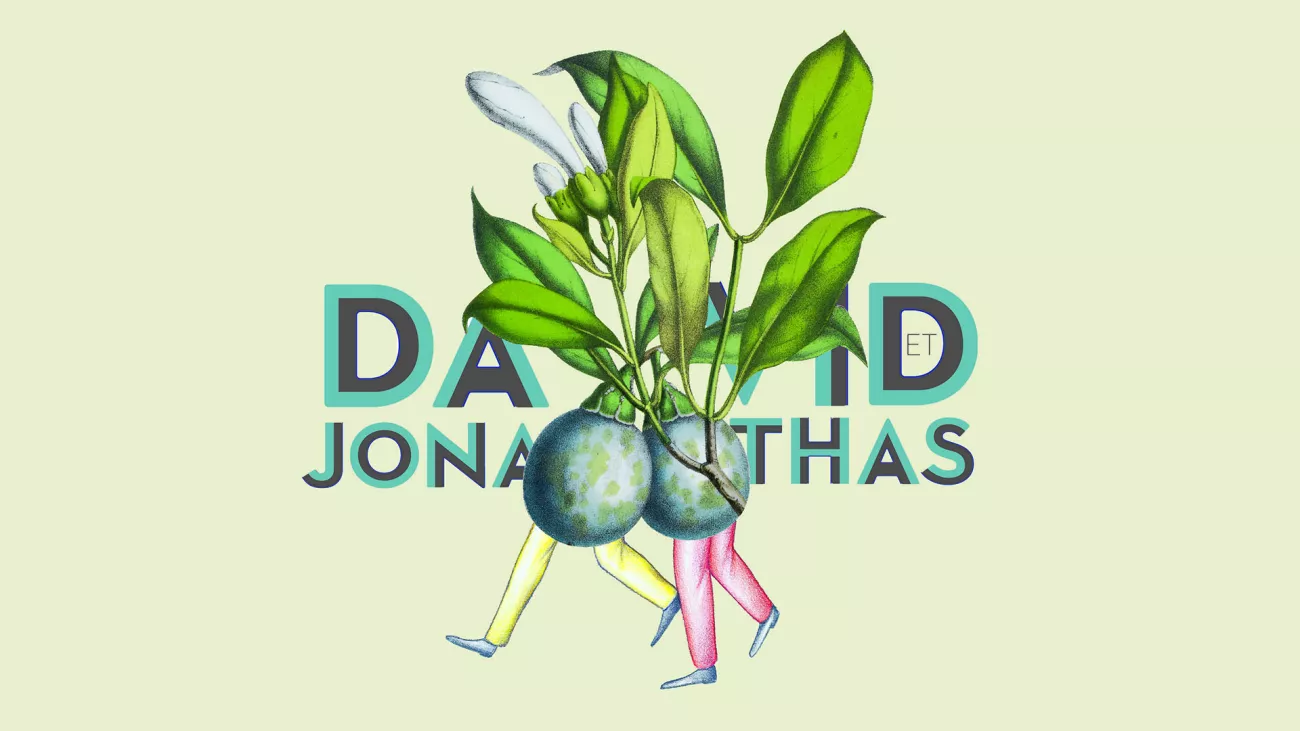Biblical tragedy in five acts and a prologue, 1688. Libretto by Father Bretonneau.
Presentation of the work by Agnès Terrier 40 minutes prior to each performance.

Les Arts Florissants and Charpentier's spiritual art
When Lully ruled over opera thanks to a royal privilege, Marc-Antoine Charpentier had to restrict his lyrical inspiration to private or more modest contexts. Yet Molière's last collaborator mastered the sacred genres which he transcended with an inspiration drawn on Roman sources. Lully's monopoly enabled him to explore a more delicate style: the singing of the soul. Haunted by an innate sense of drama, Charpentier developed an opera freed from Lullyan canons in Jesuit colleges where dramatic art had an educational virtue per se. Fighting for the Philistines, the young David gets himself prepared to become a king on the battlefields. War training would smile on him had he not to confront fearsome King Saul whose son Jonathas is his bosom friend. David et Jonathasextols faithfulness in an uplifting tragedy.
Previous developments
In his palace, Saul King of Israel receives the shepherd David who vanquished the giant Goliath and whose singing soothes his tortured heart. Yet Saul distrusts David, whom he suspects of intending to depose him. The friendship between David and his son Jonathas only stirs up his fears. In a fit of rage, he throws his spear at David, who runs away from the court and takes refuge with Israel’s enemies, the Philistines, and their king Achis. But the Philistine warlords, jealous of his fame, cast him out.
SYNOPSIS
ACT I
After David has defeated the Amalekites, the Philistines call him back to their camp. Warriors, shepherds and captives freed by David sing his praise. Left alone, the young man laments: he fears that his return with the Philistines will lead him to wage war against Israel and his friend Jonathas. But King Achis prepares to meet with Saul in order to reach a truce. He leaves his decision to David who pleads for peace.
ACT II
Joabel, commander of the Philistine army, exhorts David to war but he resists him. Envious of David’s glory, Joabel becomes angry: he decides to feed Saul’s suspicions so as to break the truce. Meanwhile, David meets with Jonathas again and they both celebrate the charms of peace.
ACT III
During his negotiations with Achis, Saul tells him of his distrust of David and entreats him to kill the youth, which Achis refuses.
When David appears before Saul, the latter accuses him of treason and asks Jonathas to avenge him. But Jonathas turns aside, increasing the king’s anger. Terrified by the scene, David goes away, an evasion that reinforces Saul’s suspicions. He runs after him while Joabel rejoices at the success of his slander.
Intermediate scene (prologue of the original work)
Doubting God’s support, Saul goes to a pythoness and asks her to summon the ghost of Samuel, the renowned ruler he succeeded. Yielding to the soothsayer’s incantations, the Shadow of Samuel appears and announces to Saul that Heaven has forsaken him.
ACT IV
Knowing that the truce is to be broken, David prays to Heaven. Jonathas finds him and criticizes his avoiding him. In despair, the two friends must part. Now alone, Jonathas is torn: should he follow his friend and abandon his father? The sound of fighting prompts him to join the belligerents and protect David. Saul breaks the truce by hurling abuse at Achis. Joabel is glad that the king of the Philistines eventually decides to engage in combat.
ACT V
At the height of the battle, Jonathas is seriously injured. Saul takes it out on the guards who accompany him and, at the peak of fury, returns to fight against David. While the Philistines are victorious, David comes to the bedside of Jonathas who expires in his arms. David unleashes his despair. Fatally wounded, Saul tries in vain to strike him in a final burst. Achis proclaims David new king of Israel. But amid songs of victory, the victor is distraught: “I lost everything I love / All is lost for me.”
Alain Perroux – Festival d’Aix-en-Provence
Monday, January 14, 2013 - 8:00pm
Wednesday, January 16, 2013 - 8:00pm
Friday, January 18, 2013 - 8:00pm
Sunday, January 20, 2013 - 3:00pm
Tuesday, January 22, 2013 - 8:00pm
Thursday, January 24, 2013 - 8:00pm
Salle Favart
120, 95, 74, 41, 15, 6 €
Cast












Orchestra and choir, Les Arts Florissants
Ensemble associé, Les Arts Florissants avec le soutien de la Selz Foundation
Production, Festival d'Aix-en-Provence
Co-production, Opéra Comique, Théâtre de Caen
Partnership



















